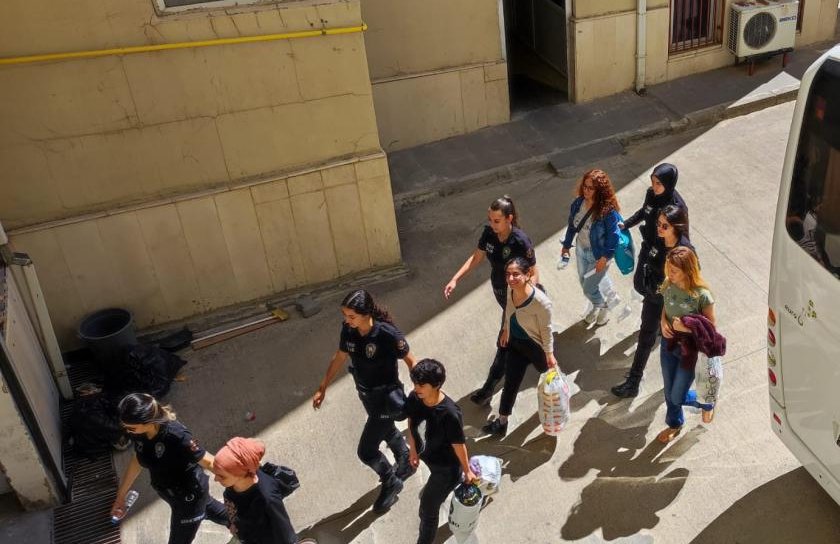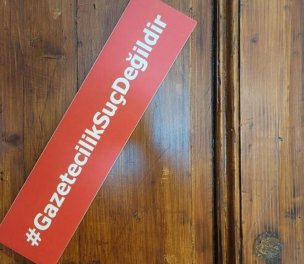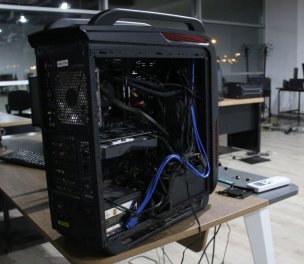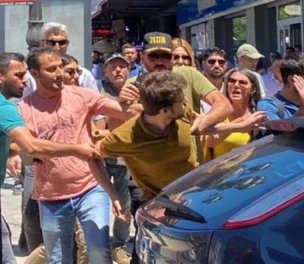Click to read the article in Turkish
In the monthly evaluation of the arrest of 16 journalists arrested in the southeastern Diyarbakır province on June 16, the Diyarbakır 5th Criminal Judgeship of Peace ruled that their arrest should continue.
Resul Temur, the attorney of the journalists who requested their release, said that their access to the case file was restricted even though there was no restriction order on the file.
Due to the restriction, they did not have the opportunity to examine the evidence in the file, he said, adding that it was against the right to a fair trial, which is guaranteed by article 36 of the Constitution.
He noted that a six-page document including the request for the journalists' referral to the prison had been prepared only a few minutes after they had given their statements to the prosecutor, which showed the decision was given in advance.
It was clear that the journalists were arrested for reasons that were "illegitimate and unlawful," the lawyer said, demanding the release of his clients.
The judgeship decided to continue the journalists' arrest because there is evidence showing "strong suspicion" that the journalists committed the alleged offense, that there is no change in the evidence in favor of the suspect journalists, that the crime charged against them is one of the catalog crimes specified in the Criminal Procedure Code, and that the detention measure is proportional according to the expected sentence.
What happened?
On June 8, the police raided several homes and offices of news outlets in the predominantly Kurdish populated province of Diyarbakır. Twenty-two people, including 20 journalists, were detained.
After eight days in detention, a judgeship ruled for the arrest of 16 journalists on "terrorist propaganda" charges, citing their news reports and social media posts as evidence.
During their interrogation, the questions they were asked included what they meant by "Kurdish question" and whether they had received instructions, an attorney of the journalists had told bianet.
The arrests triggered a backlash from journalists and international organizations.
CLICK - BİA Media Monitoring Reports
(HA/VK)







sa.jpg)


